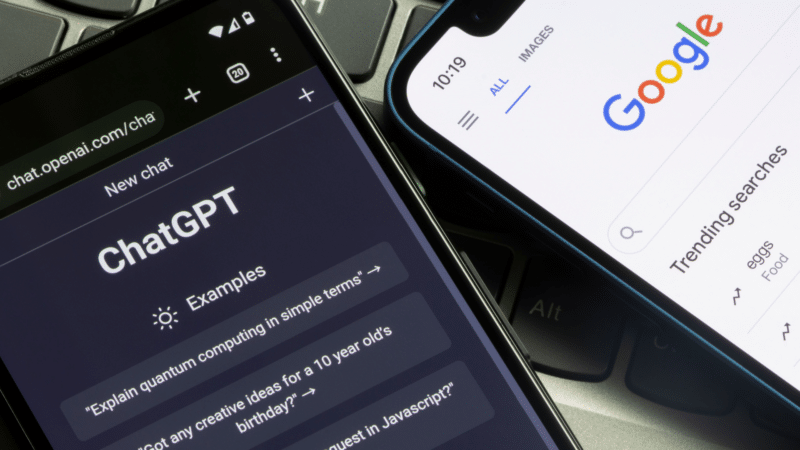
OpenAI’s decisive action to remove the controversial “Share” feature from ChatGPT has sparked significant discussions within the tech community. Initially designed to enhance user engagement by allowing conversations to be indexed by search engines, this feature quickly raised alarm bells due to privacy implications. With users able to share their conversations openly, the potential for unintentional exposure of sensitive information became too risky. The removal of this feature underscores the ever-present tension between user experience and data privacy—an issue that resonates deeply with software developers, digital marketers, and AI professionals alike.
The “Share” feature required users to actively opt in, selecting specific chats to be indexed by search engines. However, OpenAI recognized that even with user consent, the possibility of accidental oversharing could not be overlooked. The firm has announced its commitment to eliminating any content indexed as a result of this feature, emphasizing safety and security in its future developments. This decision illustrates the growing importance of prioritizing privacy in product design, especially as AI technologies become increasingly integrated into everyday interactions.
For digital and software marketers, understanding the balance between visibility and privacy becomes crucial. The conversation around the “Share” feature aligns seamlessly with the role of URL Shorteners and link management tools. In a world where driving traffic and engagement is key, employing URL Shorteners can enhance marketing strategies while also protecting sensitive data. Considerations around custom domains and short link management are necessary to maintain a professional online presence without compromising user trust.
As professionals navigate the implications of such features and their removal, the integration of URL management tools becomes more relevant. For example, using a short link maker can provide succinct tracking data while ensuring that customer data remains secure—a critical aspect for companies aiming to maintain transparency and credibility in their social media strategies. The tension between sharing valuable content and safeguarding user privacy remains a hot topic, particularly in the SaaS space, where customer loyalty is paramount.
In conclusion, the decision by OpenAI to remove the “Share” feature reflects a necessary shift towards a more responsible approach to technology and user privacy. This incident serves as a reminder for digital marketers and software developers to remain vigilant about data protection while innovating new ways to engage users meaningfully. Understanding how link shorteners can be implemented to foster both engagement and security will shape the future of marketing efforts.
#BitIgniter #LinksGPT #UrlExpander #UrlShortener #PrivacyInTech #DigitalMarketingInsights
Want to know more: https://searchengineland.com/chatgpt-kills-google-indexable-chats-459874

